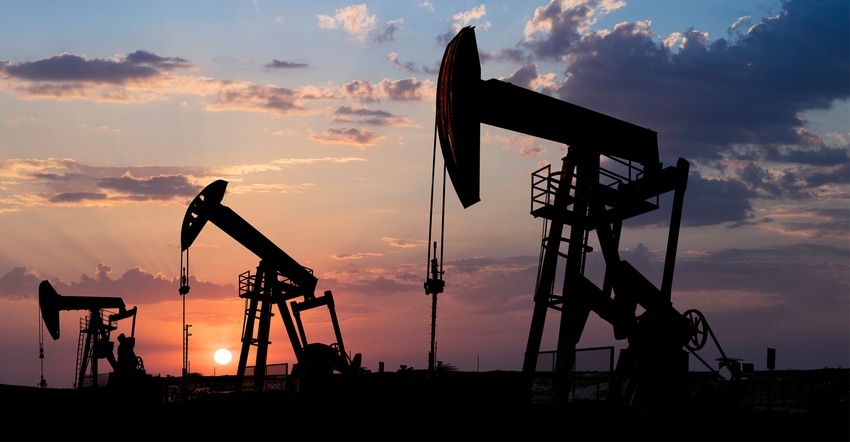March 1, 2022

Gregg Ibendahl, Kansas State University farm management economist, says current events — such as the armed conflict between Russia and Ukraine — could push diesel and oil prices higher and result in even more price variability beyond seasonal trends.
Price seasonality
Ibendahl says the average price of gasoline and diesel the past five years gives a good indication of when to expect higher and lower prices.
“You can really see the seasonality the most if you look at [past] gasoline prices,” Ibendahl says.
He says gas prices are almost guaranteed to be higher during summer, when people are going on vacations. On the other hand, the lowest gasoline prices will be during the winter.
According to Ibendahl, that trend still holds and will likely continue.
Diesel price trends
“On the diesel side, we also see some seasonality,” Ibendahl says.
The seasonality of diesel has changed over the last decade or two, because diesel used to be a close substitute for heating oil, which caused diesel prices to be highest in the winter.
In a recent analysis, Ibendahl says the best time to buy diesel would probably be during the summer.
“[Now] we see more of a seasonal demand for diesel fuel in the spring and fall,” Ibendahl says. “Prices are probably 15 to 20 cents higher in October and November, but the rest of the year it is probably just a little bit below average.”
Higher diesel prices during those times can be a bad thing for farmers, as they are trying to get the crop in or out.
“Diesel fuel doesn’t show strong seasonality like gasoline does, but it’s still there,” Ibendahl says.
Source: Kansas State Research and Extension is solely responsible for the information provided and is wholly owned by the source. Informa Business Media and all its subsidiaries are not responsible for any of the content contained in this information asset.
You May Also Like




